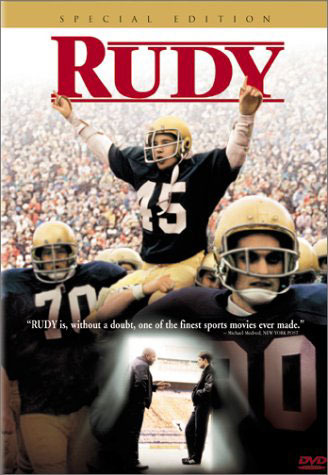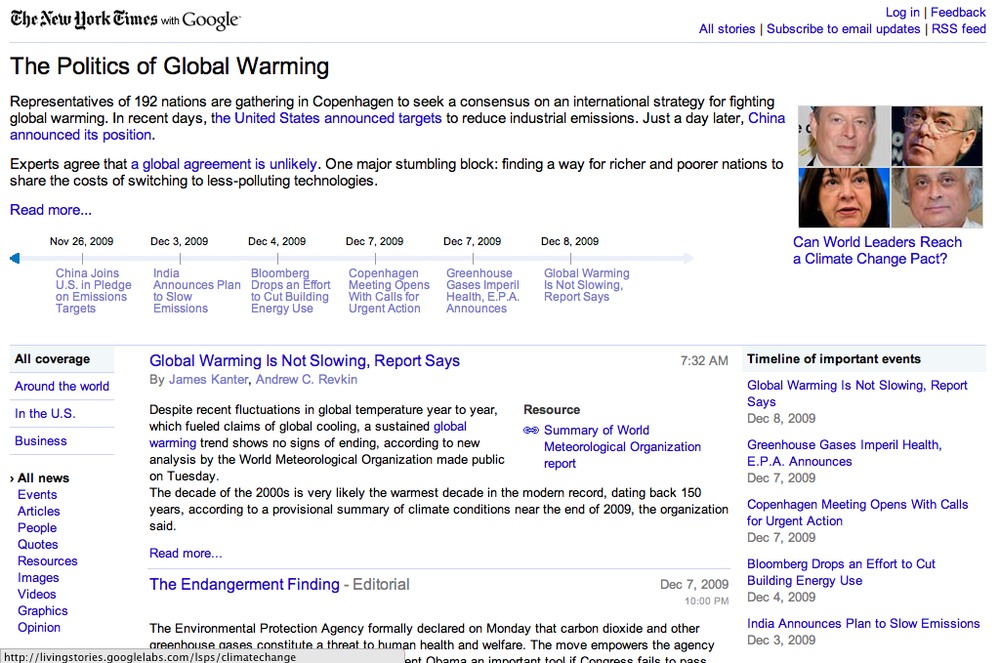Uncategorized
Great Infographic about Africa
by Skyler Vander Molen
Great Infographic about Africa
by Skyler Vander Molen
New Vocabulary Lists for Books
I have an idea. I think that all books should have a link to a vocabulary test website.
You take the test once before you read the book. The words tested on include a lot of words that could be new in the book as determined by running the text of the book through a program that compares the words against a catalogue of the most commonly used english words.
Then, after you have read the book and encountered the words in context, you could take the test again and compare your score.
This score improvement could be tweeted out. For example "I just increased my vocab test score %35 by reading The Shack by William P. Young."
This score improvement could be tweeted out. For example "I just increased my vocab test score %35 by reading The Shack by William P. Young."
This would help students, make books a little more viral, and increase peoples vocabulary! You could even offer a coupon for a different book by the author or publisher upon successful completion of the test.
New Vocabulary Lists for Books
I have an idea. I think that all books should have a link to a vocabulary test website.
You take the test once before you read the book. The words tested on include a lot of words that could be new in the book as determined by running the text of the book through a program that compares the words against a catalogue of the most commonly used english words.
Then, after you have read the book and encountered the words in context, you could take the test again and compare your score.
This score improvement could be tweeted out. For example "I just increased my vocab test score %35 by reading The Shack by William P. Young."
This score improvement could be tweeted out. For example "I just increased my vocab test score %35 by reading The Shack by William P. Young."
This would help students, make books a little more viral, and increase peoples vocabulary! You could even offer a coupon for a different book by the author or publisher upon successful completion of the test.
E for Effort
Pick the attribute that is most responsible for success:
1. Ability
2. Effort
3. Other people
4. Luck
Interesting that 3 out of the 4 can actually sometimes inhibit success. If you believe in ability, there will be a task sometime where you feel you don't have the ability. Other people are great until you are alone. Luck works until it runs out. Only effort constantly contributes to success.
I find this interesting because effort is largely downplayed in many of my social circles. When someone fails, we joke about them receiving an "E for effort" instead of an A.
So the next time you feel you are failing at a certain task, honestly ask yourself if you are giving it your best effort. Don't try to make excuses or find others to blame, look only at yourself. Chances are you can give it a little something extra. Like Rudy.
4 Strategies for Better Note Taking
All students take notes. In fact everyone takes notes. At meetings, conferences, and conventions. Or rather we are told we are supposed to. But often we are not taught how to take notes. We just know that we are bad students/attendees/workers if we don't.
Here are 4 notes taking strategies from a variety of studies (Beecher, 1998 Note-Taking) to help you be that A student you've always wanted to be.
1. Don't write down everything – A fair amount of research says this is the least effective strategy. When you are trying to record everything, you are not synthesizing or finding what is essential.
2. Notes should be considered a work in progress – Once notes are taken, they should be continually added to and revise. I know I am guilty of writing my notes once and never even looking at them again, sometimes not even for the test. Reviewing and Revising notes can help to process and internalize concepts.
3. Notes should be used as study guides for tests – another simple one, but important. If we have continually added to and revised our notes students should be able to use them as a sweet test prep. This implies that you don't cram.
4. The more notes taken the better – often times we think of notes being "brief" but studies point to the amount of info in notes and achievement. However, we can assume that those notes use these other 3 principles. Otherwise, the "best" notes would be a video recording you make of every thing ever said in the class. But when we are synthesizing, working on and revising our notes, the more we take the better.
So there you have. Now stop reading this post and start studying.
Summarizing is Super Important
I am reading a book called Classroom Instruction that Works. It is primarily for teachers. But I am learning things that help students (such as myself) as well.
I just learned a great idea on summarizing. To summarize effectively students need to:
1. Delete some information
2. Substitute some information
3. Keep some information
This seems quite basic, even simple, but I didn't learn it until today. Most of the time, I thought that a summary was just making something shorter. If I had to summarize a story, I would just tell it in shorter words. I never really tried to subsititue things unless it was changing a longer word for a shorter word.
What summarizing really is, or what it should be for effective learning and communication, is getting to the heart of the problem. The core. Summarizing is finding what is essential and nothing more.
Google working with New York Times
http://livingstories.googlelabs.com/
Interesting collaboration. Basically a topic page, Google and the NYT are working together to create a timeline and relevant articles on major topics. Current topics include Global warming, the swine flu, and the war in Afghanistan.
Here is a write up on the NYT of course:
Google working with New York Times
http://livingstories.googlelabs.com/
Interesting collaboration. Basically a topic page, Google and the NYT are working together to create a timeline and relevant articles on major topics. Current topics include Global warming, the swine flu, and the war in Afghanistan.
Here is a write up on the NYT of course:







